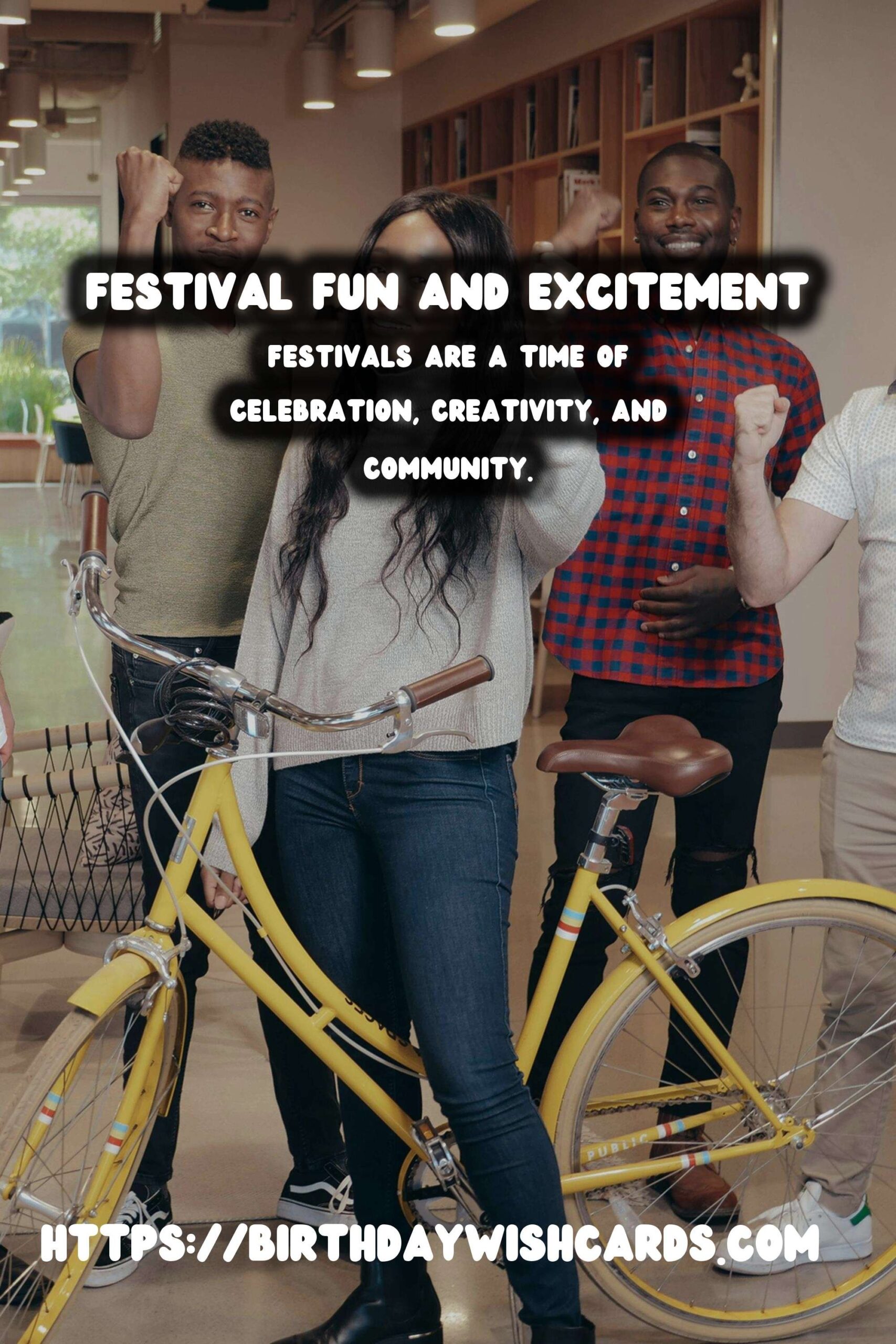
Festivals are a time of celebration, creativity, and community. Planning an unforgettable festival takes careful thought and preparation, especially if you want to leave your guests in awe. This guide is designed to help you navigate through every aspect of festival planning, from concept to execution, ensuring an exhilarating experience for everyone involved.
1. Defining Your Festival Theme
The first step in planning a successful festival is to determine its theme. Your theme will set the tone and guide every decision you make—from decorations to activities. Think about what resonates with your target audience and brainstorm ideas that can be visually and emotionally appealing.
Popular Festival Themes
Here are a few popular themes that have proven successful:
- Music and Arts Festival: Showcase local musicians and artists to foster a sense of community.
- Cultural Festival: Celebrate the diversity of cultures through food, music, and performances.
- Seasonal Festival: Embrace the beauty of changing seasons with decorations and activities relevant to that time of year.
2. Budgeting for Success
Establishing a budget is crucial in festival planning. It helps you determine what’s feasible and prioritize your spending. Consider costs such as:
- Venue rental
- Permits and insurance
- Entertainment and activities
- Marketing materials
- Staff and volunteers
Creating a Budget Breakdown
Break your budget into sections and allocate funds based on priority. This will make it easier to manage expenses as you progress through the planning phase.
3. Choosing the Right Venue
Your venue plays a critical role in your festival’s success. Consider the following factors:
- Capacity: Ensure the venue can comfortably accommodate your expected number of guests.
- Accessibility: Make sure your venue is easily accessible for both attendees and vendors.
- Amenities: Look for venues with facilities like restrooms, parking, and electric outlets for vendors.
4. Engaging Activities for Guests
Activities are the backbone of any festival, drawing in guests and keeping them entertained. Consider incorporating the following:
- Workshops: Offer hands-on experiences where guests can learn something new.
- Live Performances: Schedule bands, dancers, or comedians to create an engaging atmosphere.
- Food Tasting: Showcase local cuisine through food trucks or vendors, creating a culinary experience.
Creating a Schedule
Draft a comprehensive schedule that outlines all activities, performance times, and breaks. This organization will keep things running smoothly on the festival day.
5. Attracting Vendors and Sponsors
Vendors and sponsors can enhance your festival experience while helping you with funding. When seeking vendors:
- Target local food trucks, artisans, and businesses that align with your theme.
- Offer various sponsorship packages to attract potential sponsors.
- Promote the benefits they’ll receive such as exposure and community engagement.
6. Promotion and Marketing
Once everything is in place, it’s time to promote your festival. A solid marketing strategy can increase ticket sales and generate buzz:
- Social Media: Utilize platforms like Instagram and Facebook to create shareable content and engage with your audience.
- Partnerships: Collaborate with local influencers or businesses who can amplify your reach.
- Email Campaigns: Send out newsletters to keep your audience informed about updates and ticket sales.
7. Day-of Coordination
On the festival day, having a clear plan in place for coordination is essential. Ensure to:
- Assign tasks to volunteers and staff, so everyone knows their responsibilities.
- Establish clear communication channels for quick problem resolution.
- Be flexible and prepared to handle unexpected challenges.
8. Gathering Feedback
After the festival concludes, it’s important to gather feedback from attendees and participants. Surveys can help you understand what went well and areas for improvement. This valuable information can guide your planning for future events.
Conclusion
Planning a festival that wowes guests requires creativity, organization, and adaptability. By following this dynamic festival planning guide, you’ll be well on your way to creating an unforgettable experience for everyone involved. Happy planning!
Festivals are a time of celebration, creativity, and community. Planning an unforgettable festival takes careful thought and preparation. 
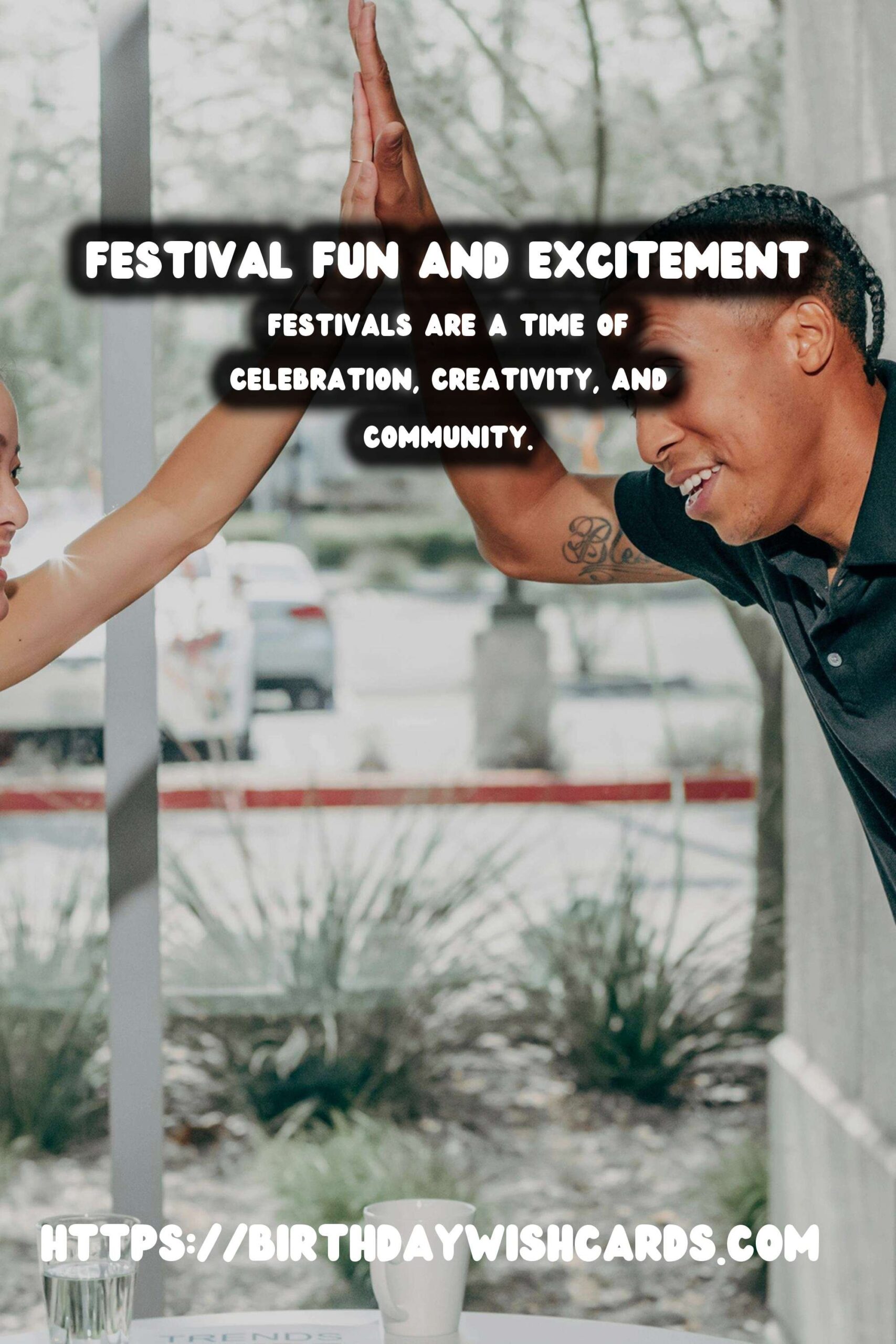
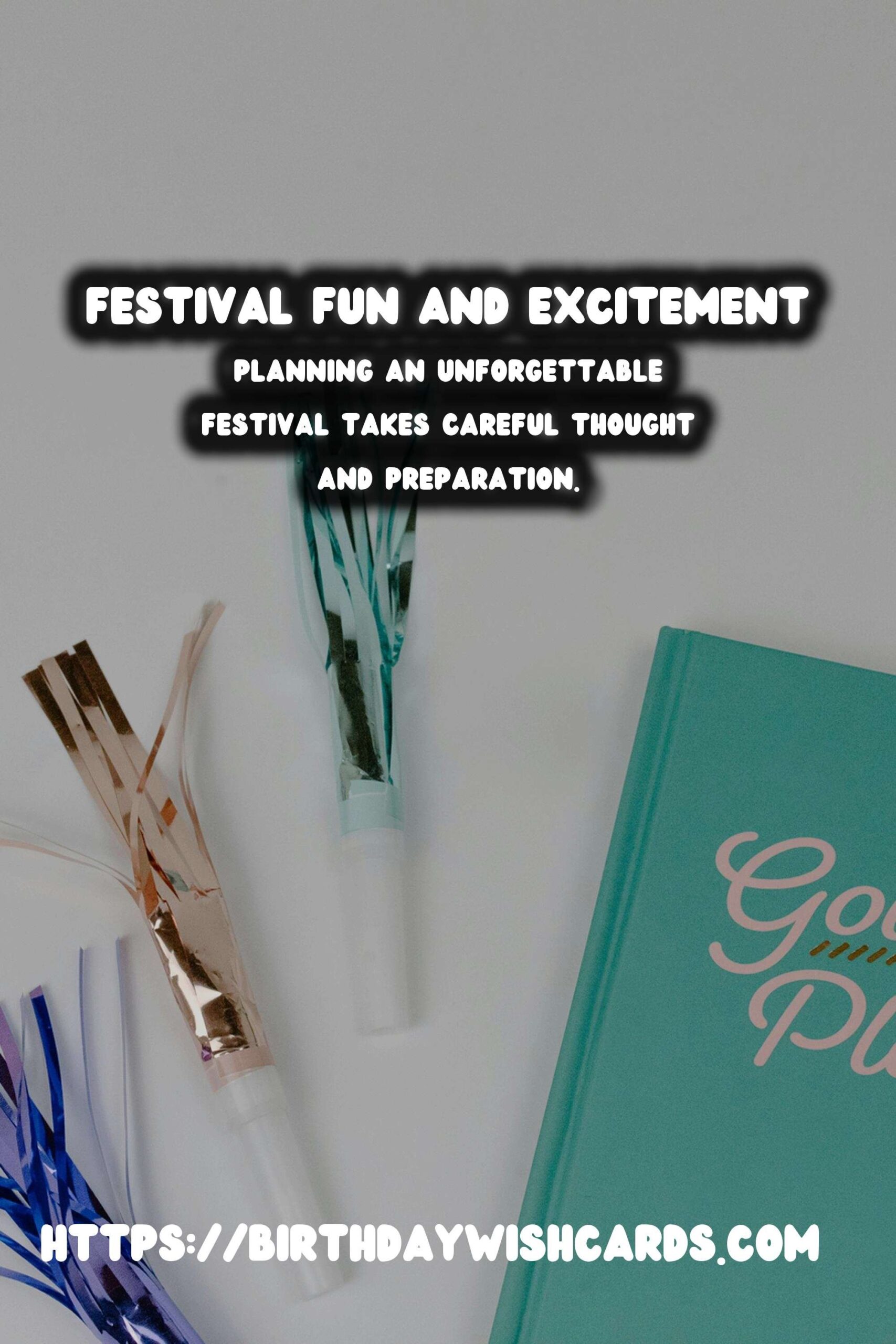
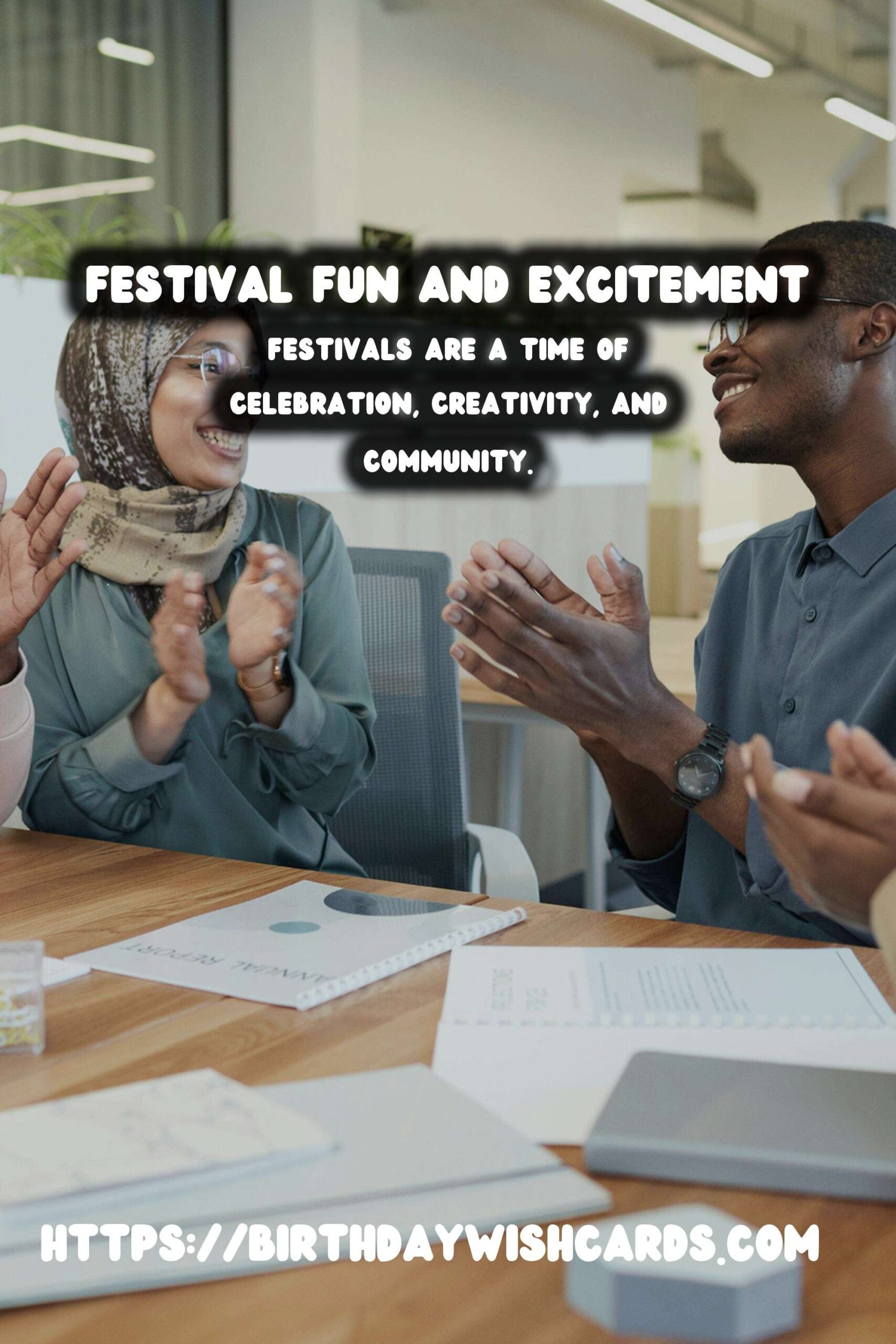
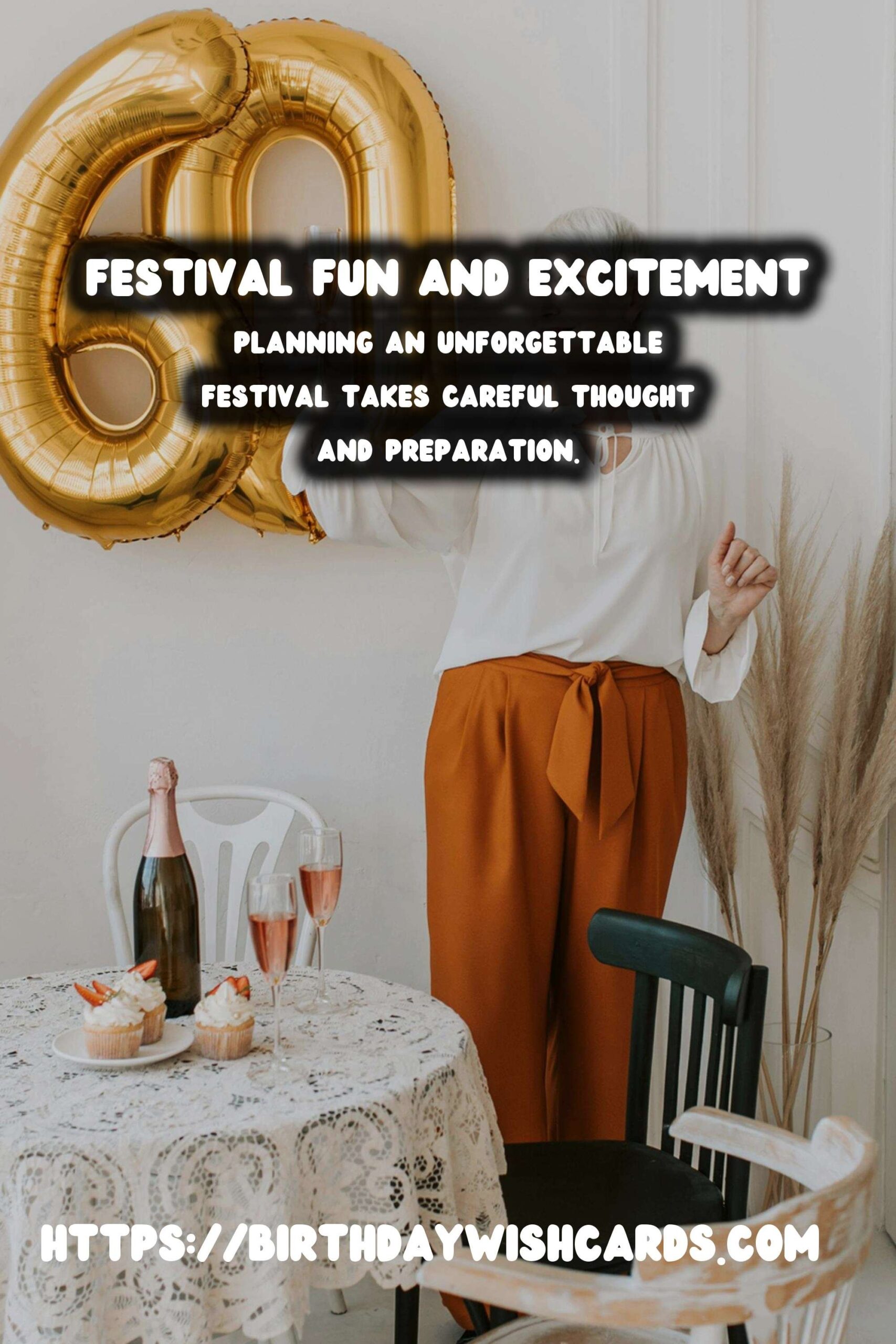
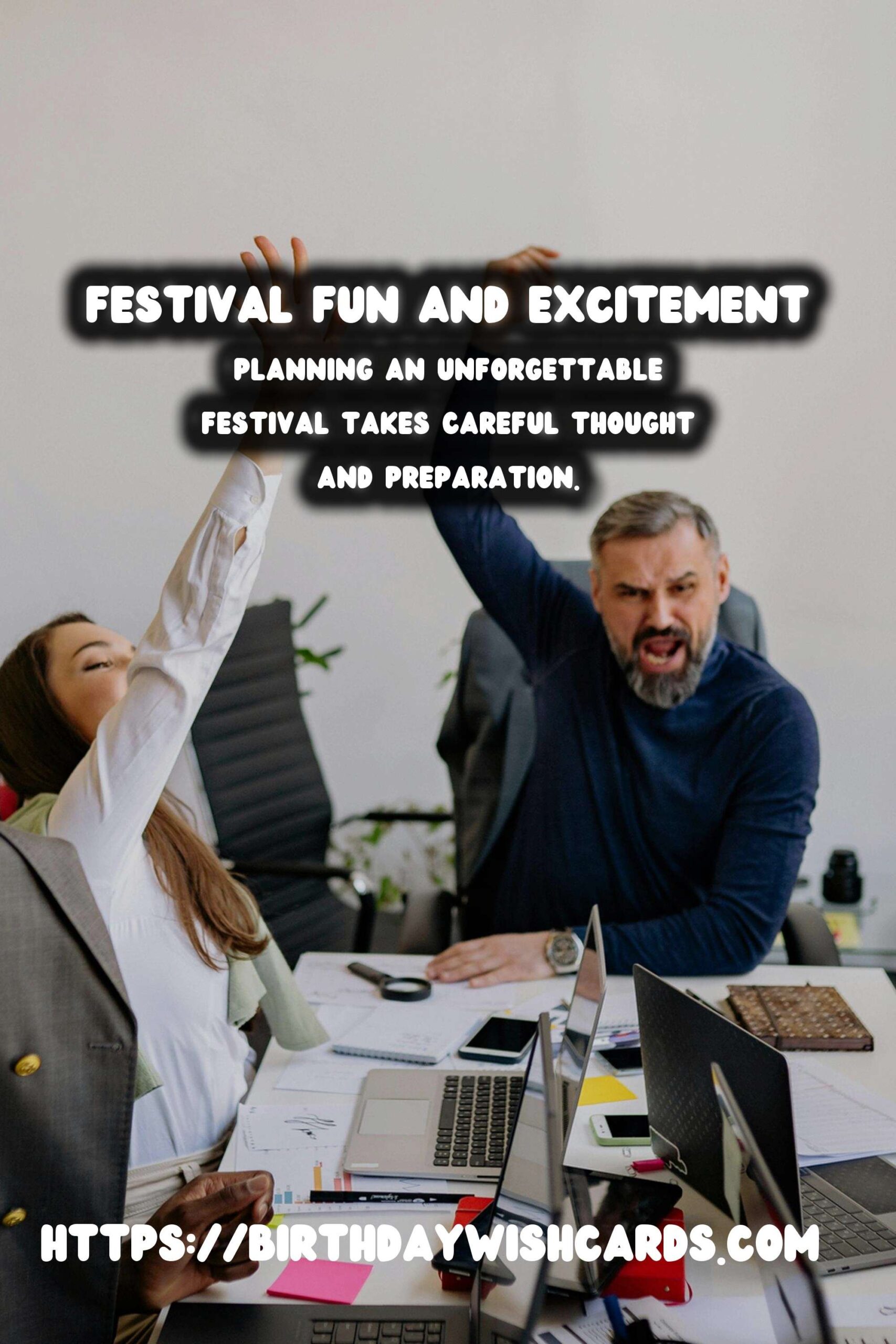
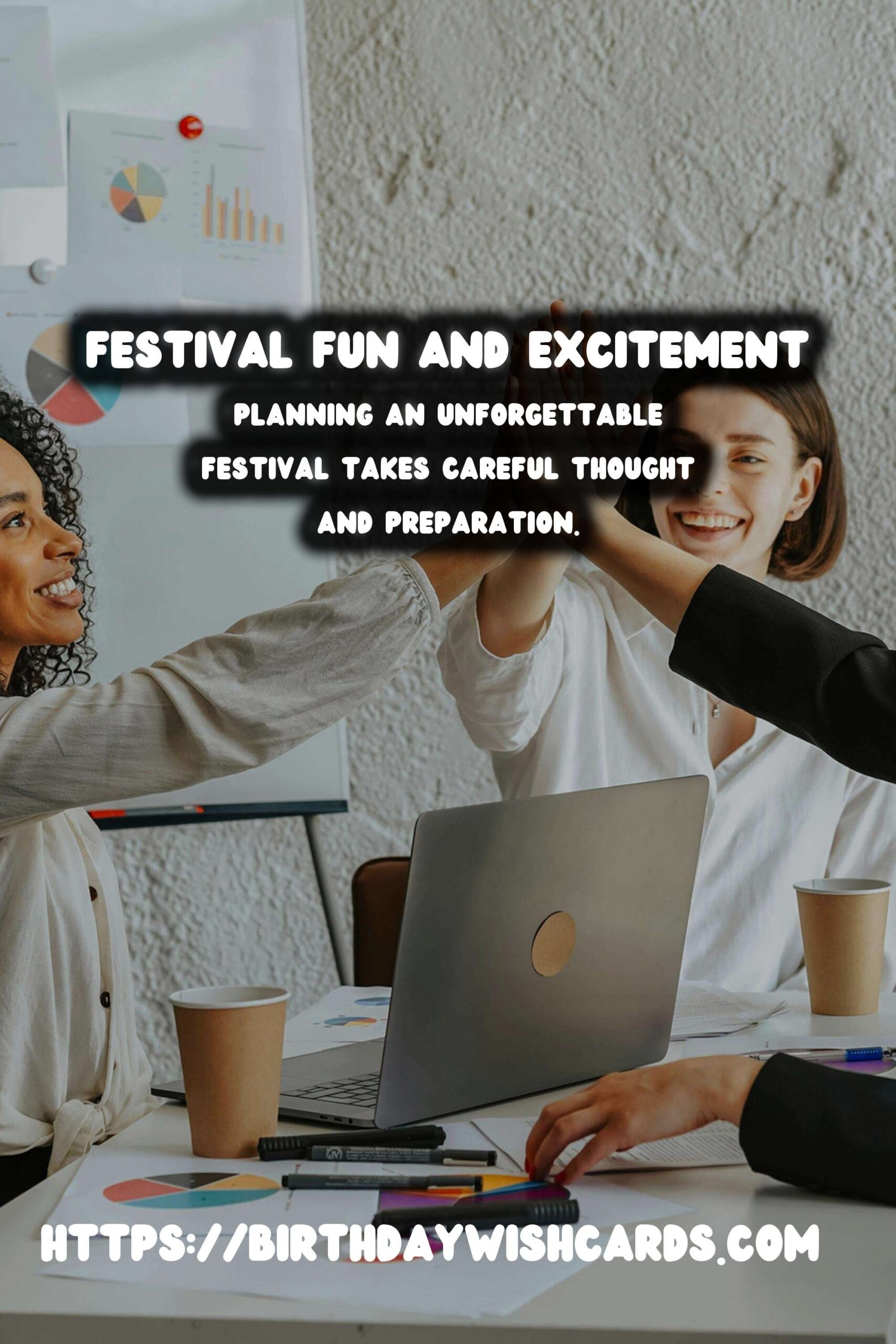
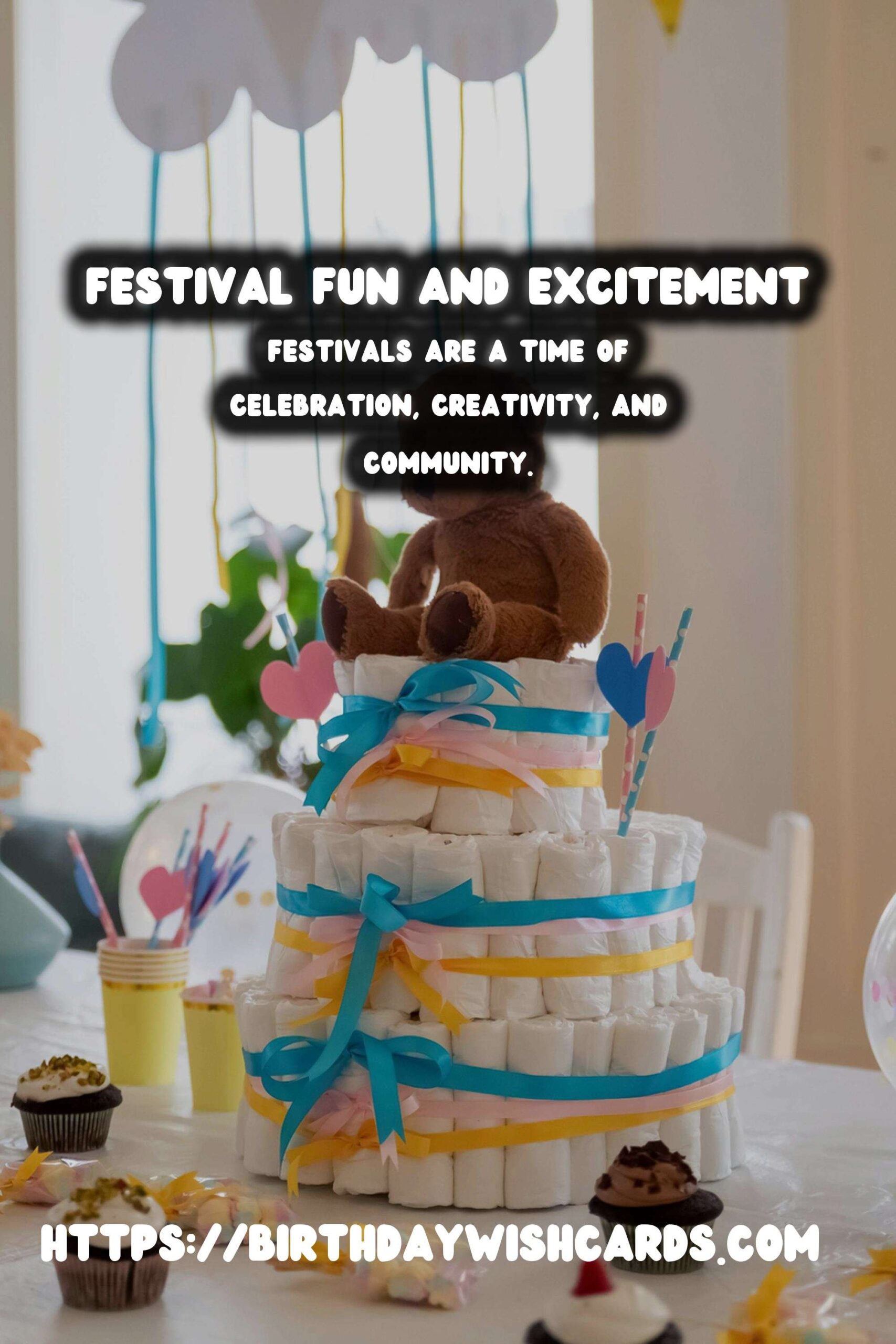
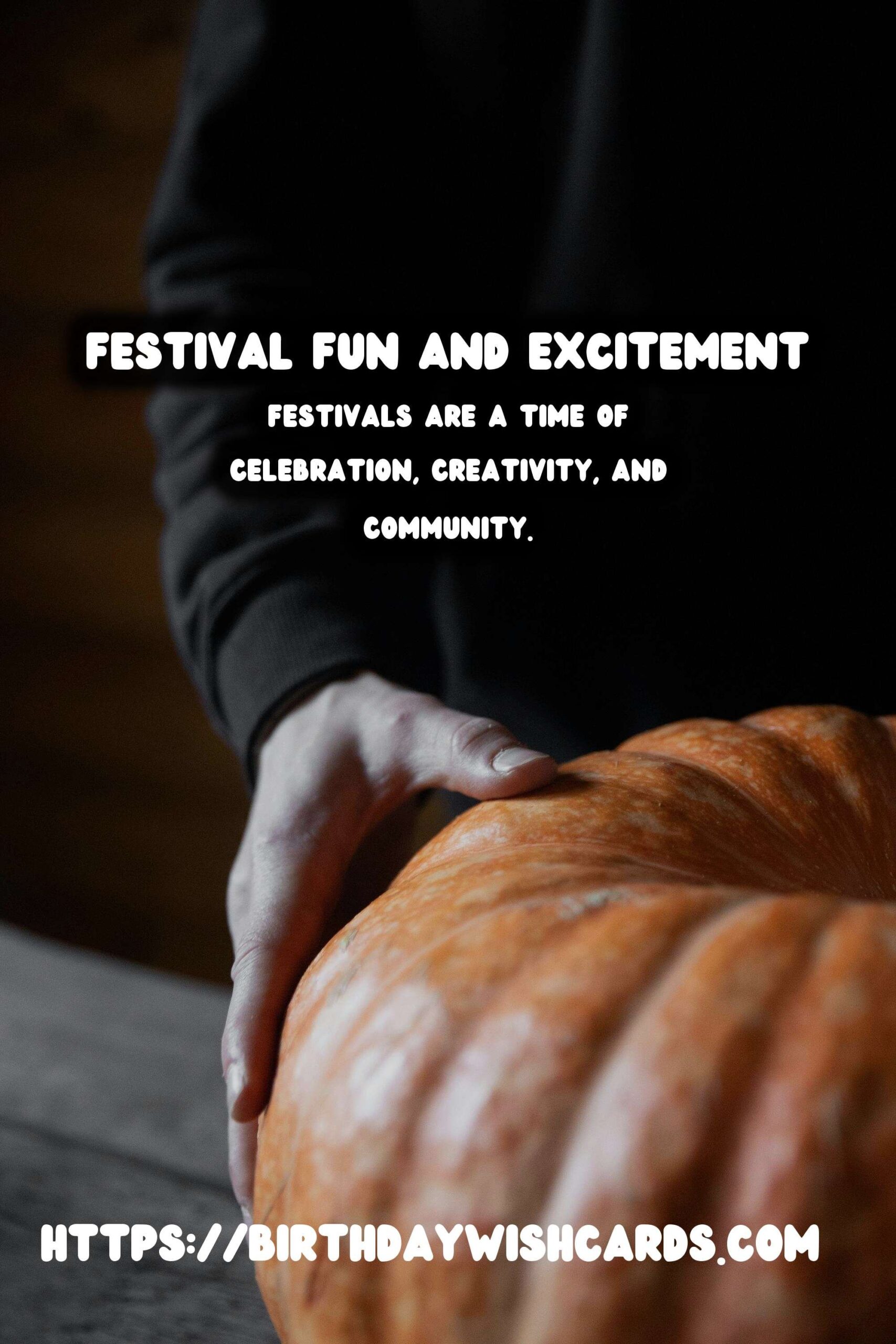
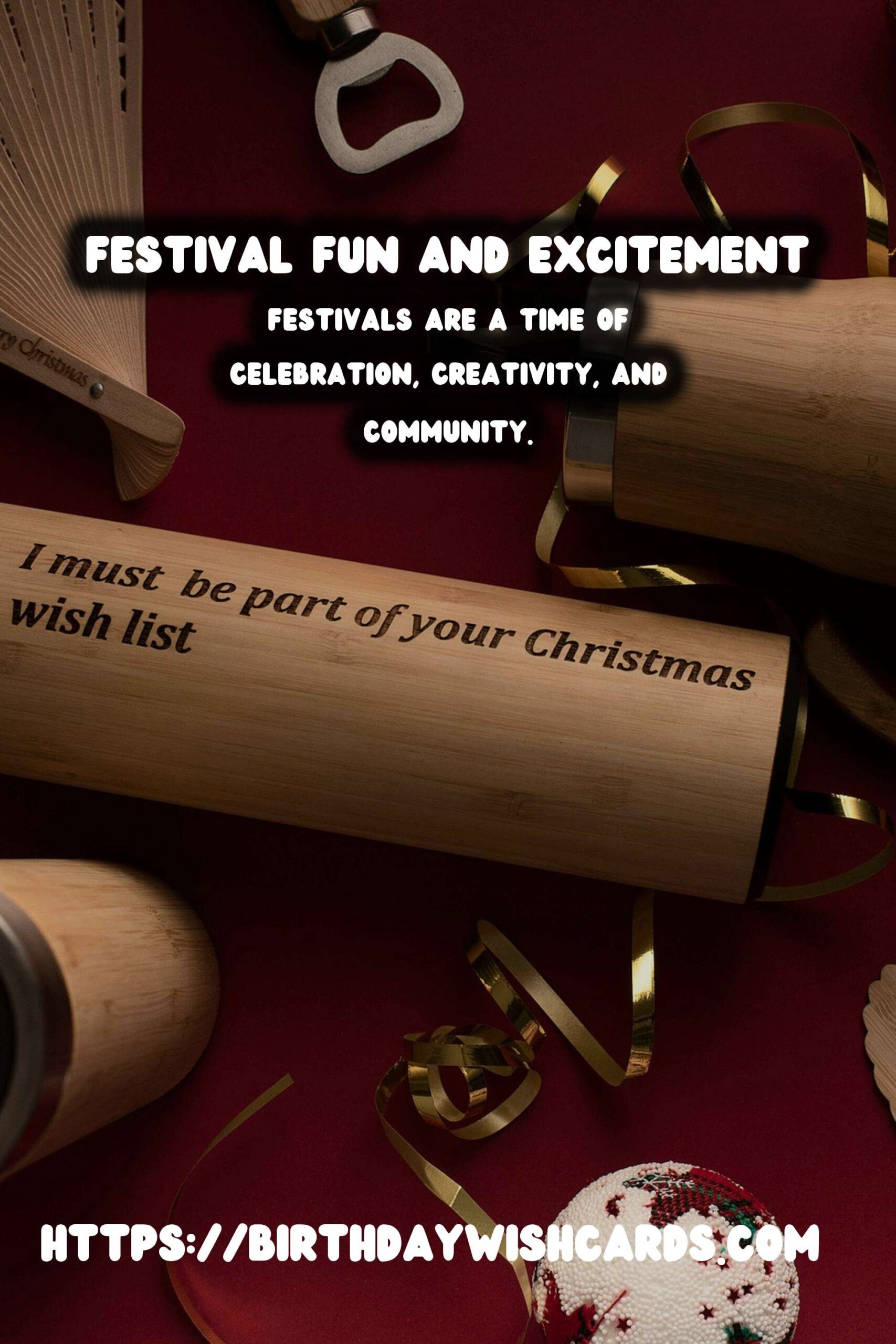
#FestivalPlanning #EventManagement



